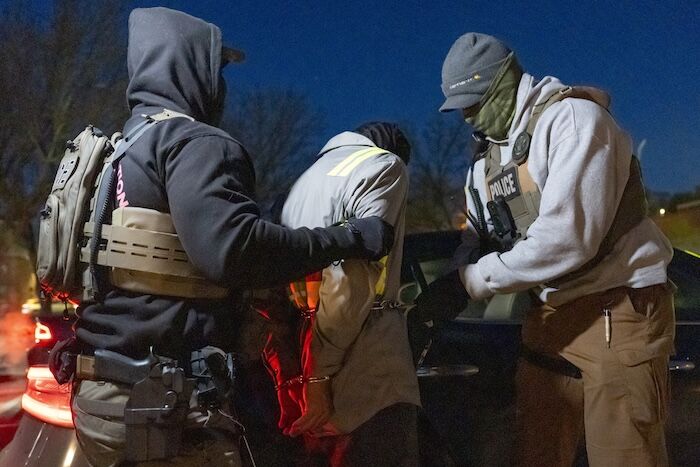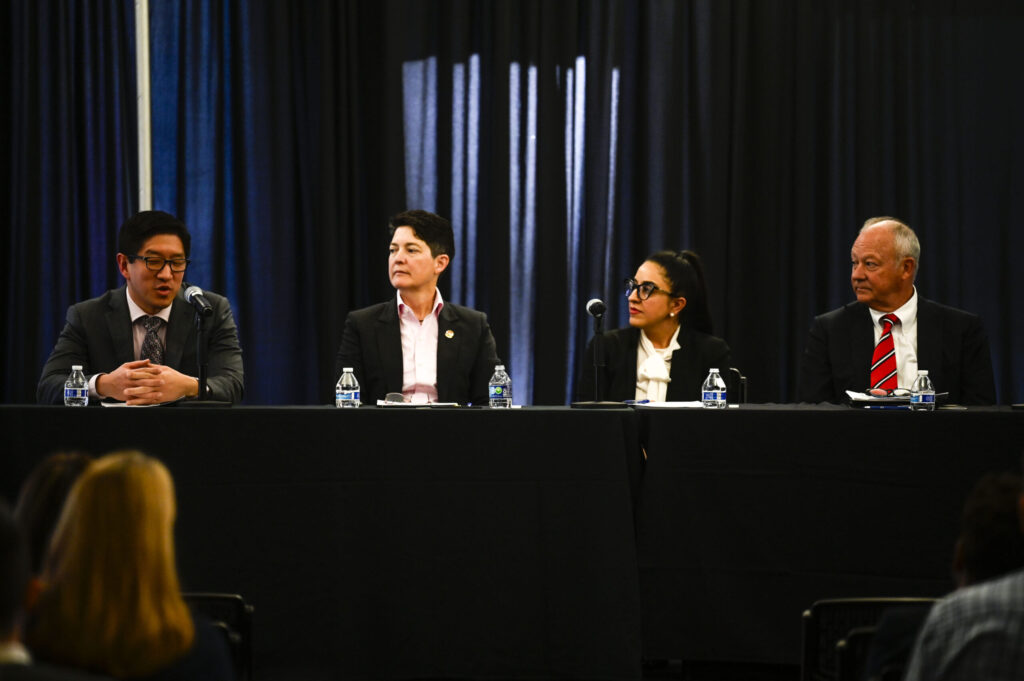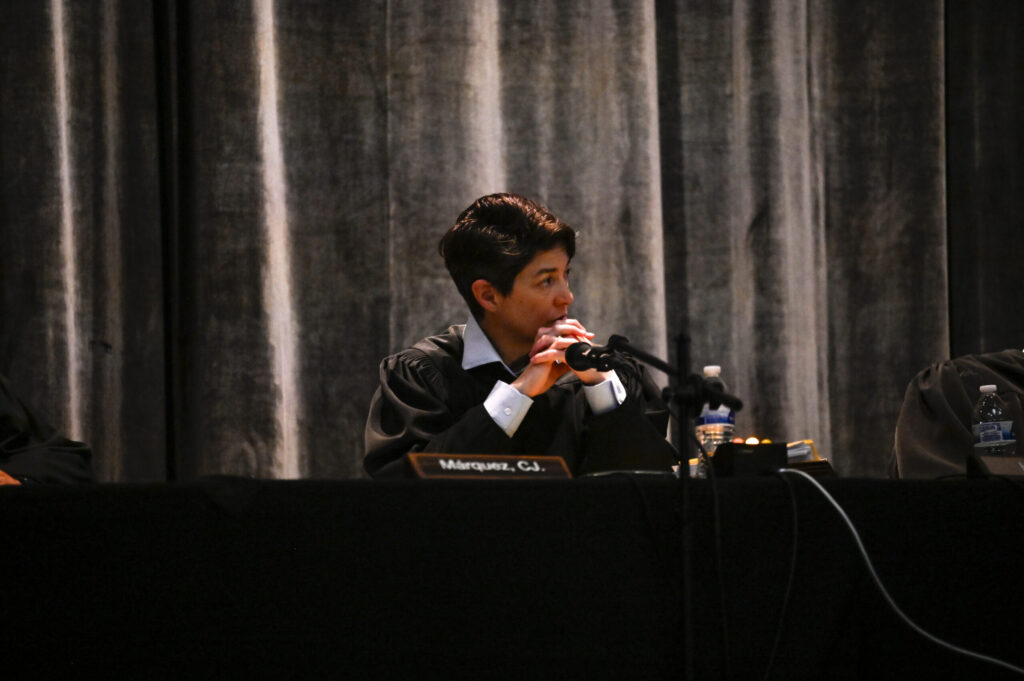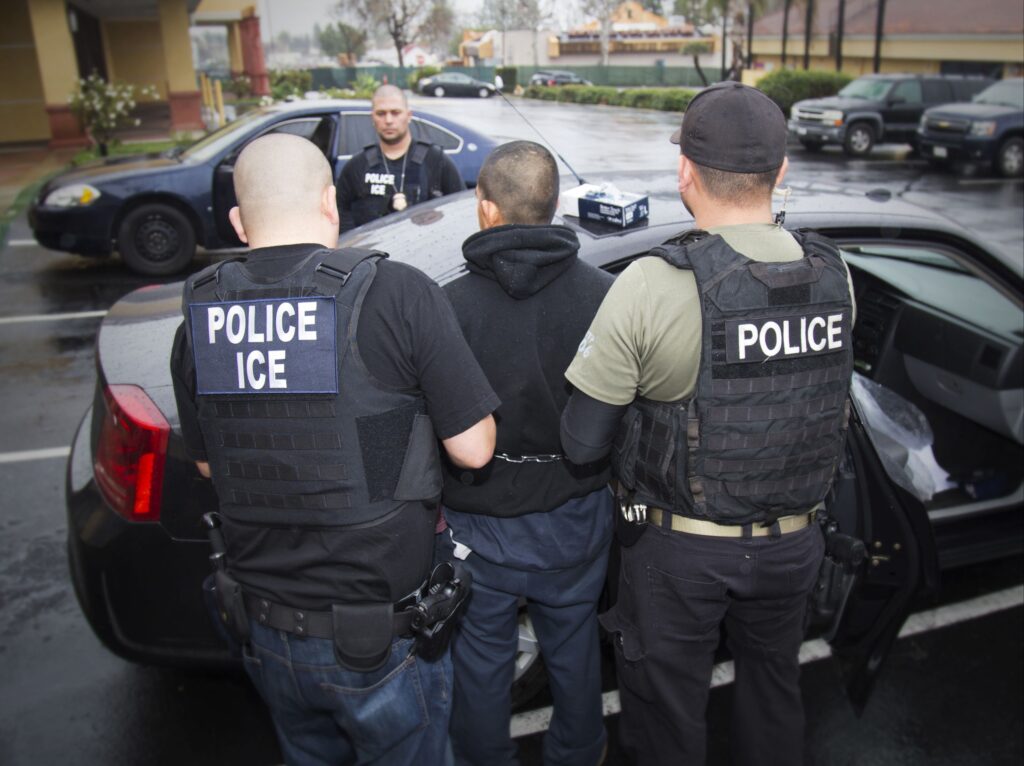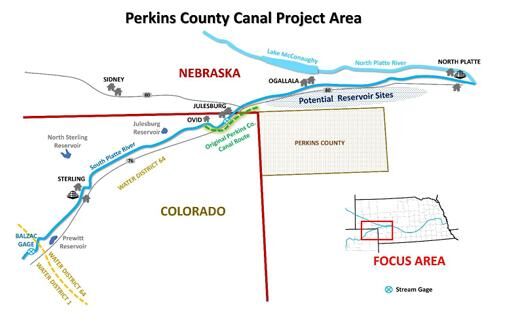Appeals court reverses murder conviction after Denver judge violated public trial right
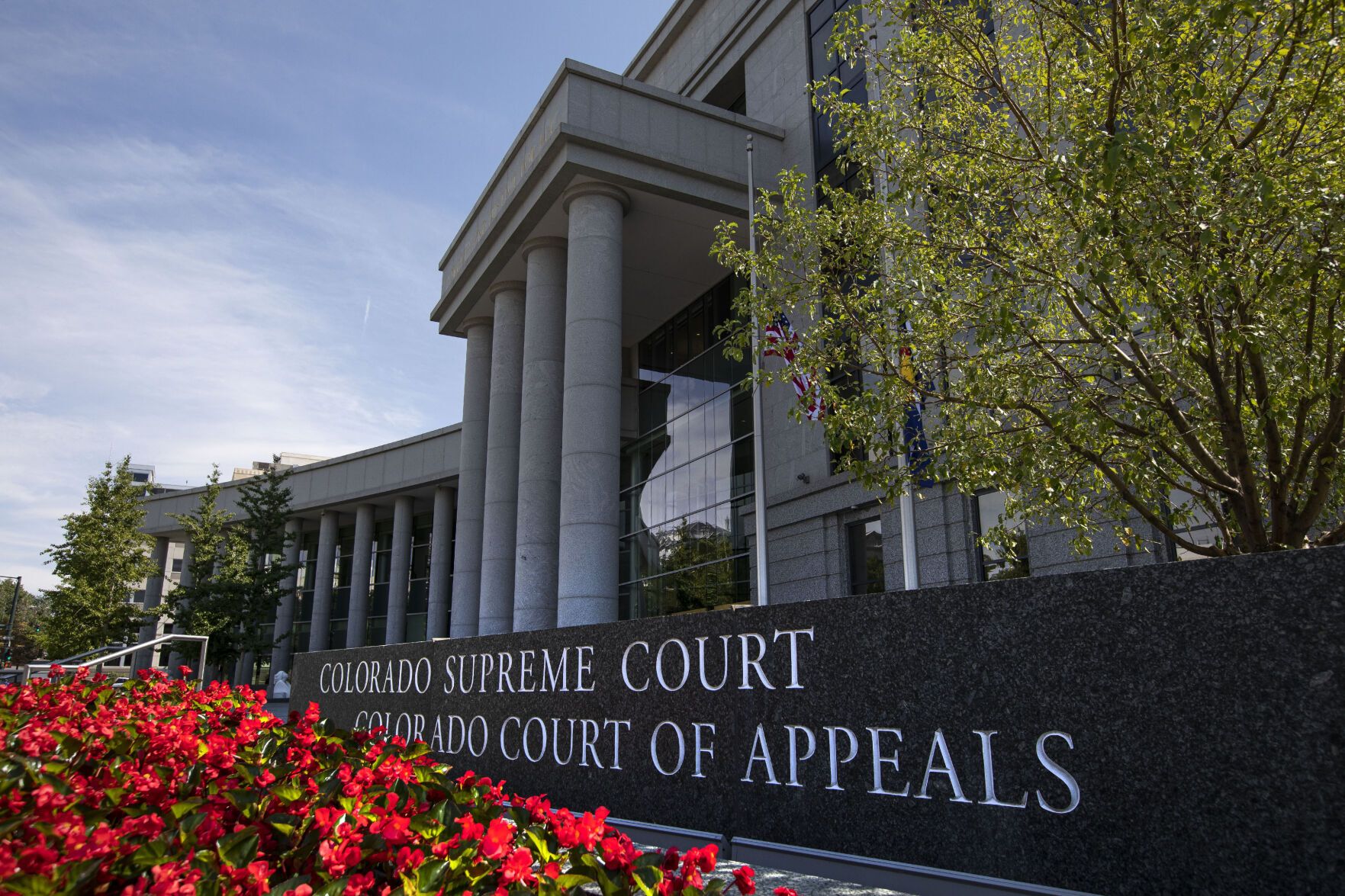
Colorado’s second-highest court reversed a defendant’s murder conviction on Thursday because a Denver judge violated his constitutional right to a public trial.
Due to an unusually large jury pool at Edward R. Sandoval’s 2022 trial, Chief Judge Christopher J. Baumann did not allow observers to be present in his courtroom during jury selection. Although the public could tune in to the livestream, a three-judge Court of Appeals panel concluded that it was not a substitute for keeping the courtroom open — especially considering the less-drastic alternatives suggested by the prosecution and the defense.
“The court rejected these suggestions without explaining why they would not work and presumably based on its belief that livestreaming (jury selection) was sufficient to preserve Sandoval’s right to a public trial,” wrote Judge Rebecca R. Freyre in the Oct. 30 opinion.
Case: People v. Sandoval
Decided: October 30, 2025
Jurisdiction: Denver
Ruling: 3-0
Judges: Rebecca R. Freyre (author)
Neeti V. Pawar
David H. Yun
The national and state supreme courts have recognized that some circumstances may justify a judge’s decision not to keep their courtroom open to everyone — such as a spectator causing disruption or the closure being “trivial” in nature. Under the U.S. Supreme Court’s 1984 ruling in Waller v. Georgia, trial judges must consider specific factors when deciding whether to close a courtroom to one or more people. Unless justified, a violation of the constitutional right to a public trial triggers automatic reversal of a defendant’s convictions.
Jurors convicted Sandoval of second-degree murder for fatally shooting Dennis Lozoya in 2020. He is serving a 40-year prison sentence.
On the first day of trial, there were 75 people in the jury pool, requiring roughly half to sit in the gallery. Baumann informed observers that the courtroom was public and they were “welcome to be here,” but they would have to leave at the start of jury selection.
The prosecution was concerned, and suggested livestreaming jury selection or doing it in two parts. The defense also objected, and added Baumann could instruct the spectators not to interact with jurors.
Baumann maintained he was “not closing the proceedings,” but there was “just a space issue.” He said spectators would have to watch jury selection via the videoconferencing platform Webex.
“That’s not ideal, perhaps, for some of you,” Baumann said to the observers in the courtroom. “But, most importantly, what I need to do this morning and for the rest of the day is get a jury picked in this case so we can proceed forward with this trial, while at the same time balancing your desire to want to watch this case.”
Sandoval appealed his conviction, arguing Baumann’s courtroom closure was not trivial, nor did he explain why it was impossible to seat 75 jurors in addition to the public in his courtroom.
While the appeal was pending, the Colorado Supreme Court issued two decisions in June holding that barring spectators from the physical courtroom and instead offering livestreaming could, in the absence of compelling justification, violate the public trial guarantee.
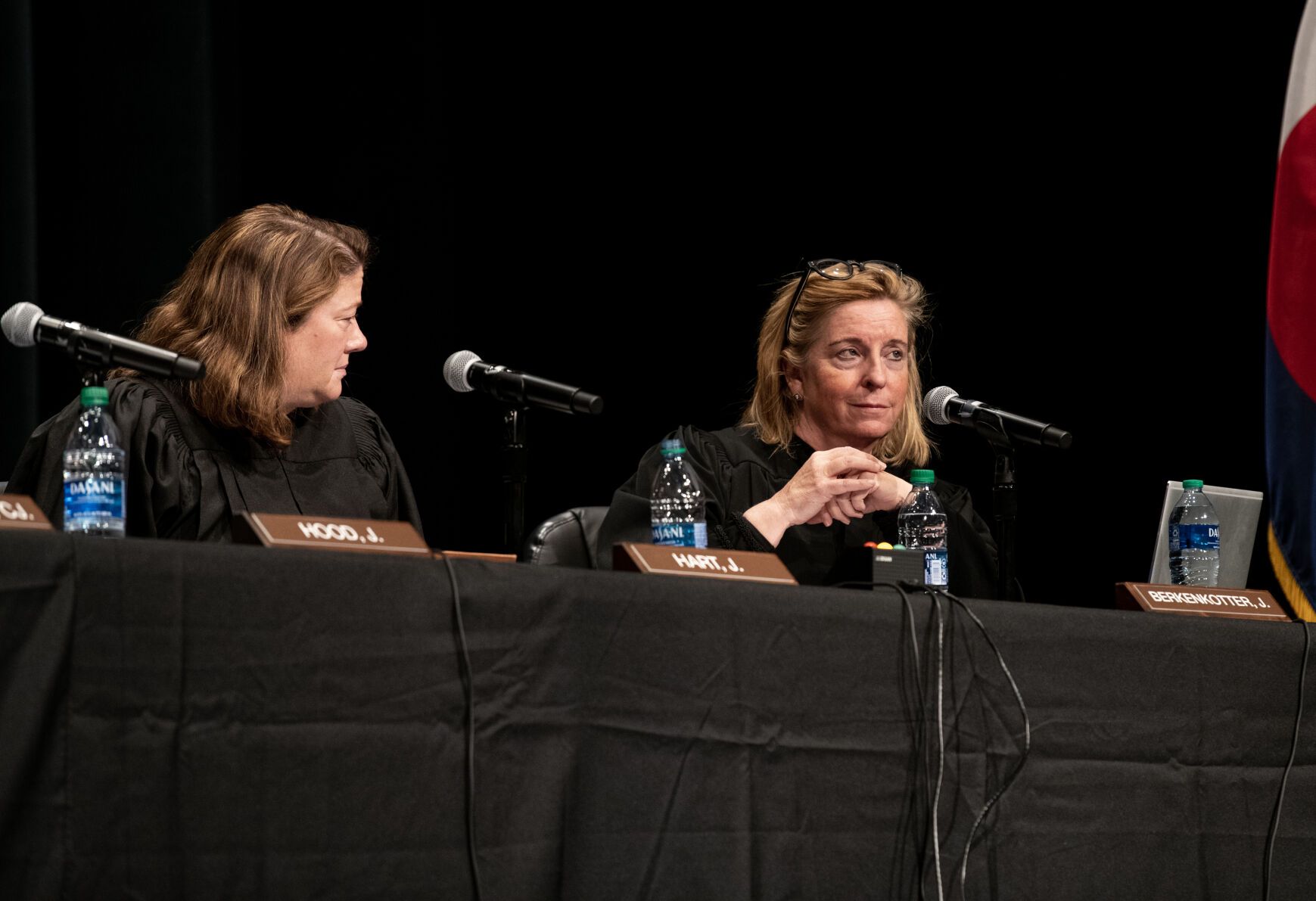
“Screens in a courtroom, no matter their number or the nature of their display, are an inadequate substitute for the physical presence of real spectators in the gallery and the powerful reminder that those spectators provide to jurors regarding the gravity of their role,” wrote Justice Maria E. Berkenkotter for the court’s majority.
Consequently, the Court of Appeals panel reviewing Sandoval’s case agreed Baumann’s courtroom closure, encompassing one full day of the eight-day trial, could not be excused by livestreaming.
“We are not convinced that space alone constitutes an overriding interest justifying a complete closure,” wrote Freyre.
If there were capacity concerns, she added, Baumann could have admitted one member of the public at a time after each juror was excused.
“Accordingly, we conclude the trial court failed to consider reasonable alternatives and that the closure was broader than necessary,” Freyre wrote.
The panel ordered a new trial.
The caseis People v. Sandoval.





